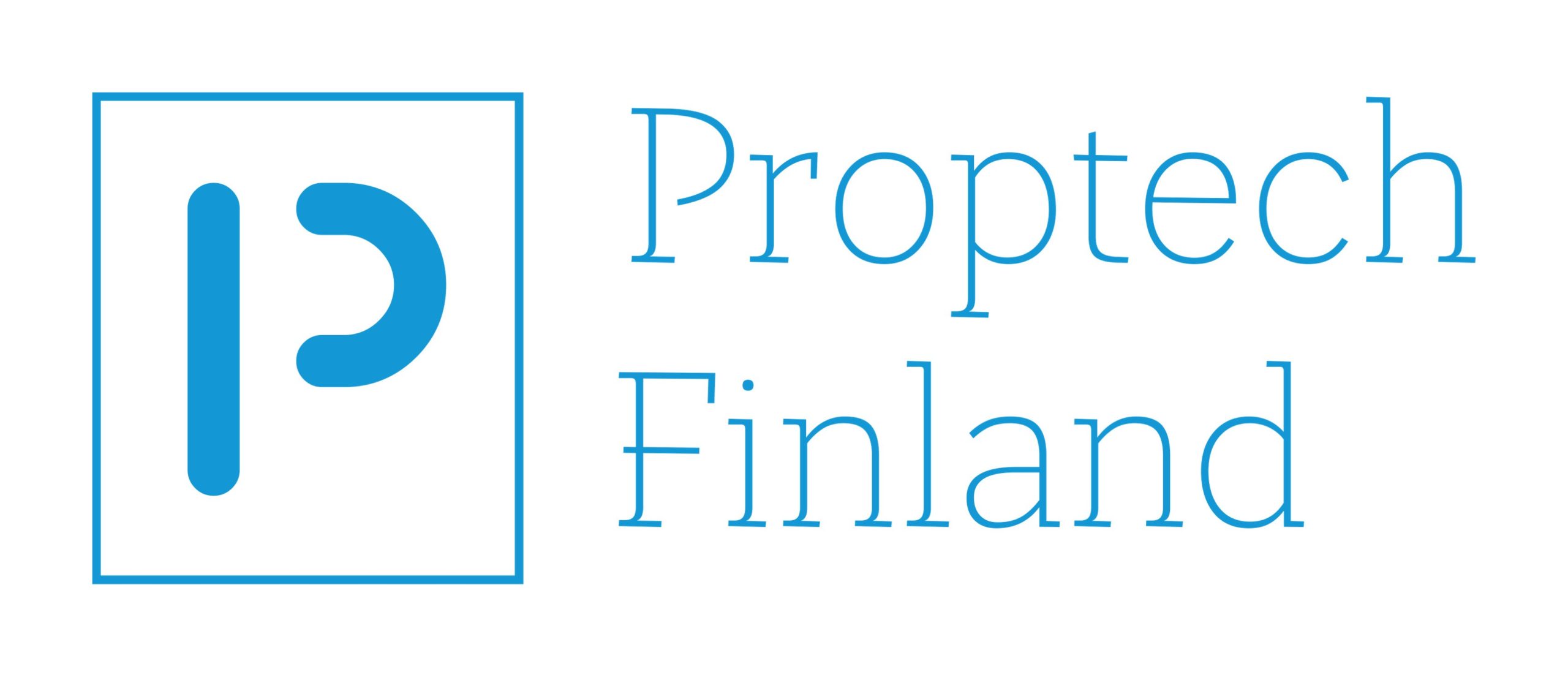
18 Aug What is the Future of Work
The face of work has changed almost beyond recognition. A decade ago, mentioning “working lives” brought up images of early morning and late evening commutes. Cars crawling along roads in and out of city centers, and office workers crammed into public transport were the norm. Digital transformation has changed the norm. More professionals than ever before are choosing hybrid working and remote working models, opting for flexibility over other, more conventional benefits.
It is too easy to say the coronavirus pandemic fueled this transformation. In Finland, work had started changing long before anyone ever heard of the virus. In 2019, the European Commission ranked this country as the most digitally advanced nation in all of Europe. Proptech startups and solutions have been instrumental in the transition of Finnish workplaces and continue to be among the leading drivers behind the future of work.
What the Future of Work Looks Like
Two themes characterize the future of work: flexibility and collaboration. PropTech solutions are essential to support both.
In one sentence, PropTech solutions bring information technology to the real estate world. Many of the more recent developments are based on platform-type solutions, but that is no requirement to be successful. It has simply proven to be a business model that works well for PropTech startups. Using digital tools to transform the property industry lies at the heart of the evolution of work as we know it.
Why Flexibility Matters
People are happier when they have agency over their lives and feel that they are in charge of how their day is going to work.
Being able to choose between working from home or working near an important client meeting not only makes for smoother workdays but also optimizes the use of employee time. Reducing peak-time commutes which often result in wasted hours contributes to employee wellbeing.
Why Collaboration Matters
At the same time, workplace experts understand that people tend to perform better when they work together. Not only do we tend to behave more nicely when we meet in person, but many problems are solved more quickly in a conversation than in a message thread.
To succeed, future workplaces need to combine a flexible approach with facilitating collaboration.
Finnish Startup Companies Driving the Evolution of Work
Flexibility and collaboration are at the center of the solutions developed by several Finnish ProTech startups. Here is a closer look at some of the leaders of the pack.
1. Spacent – An Office When and Where You Need it
Just one or two decades ago, companies started introducing the concept of hotdesking – sharing a desk space between several employees who were not always office-based. Spacent is taking the idea and making it better.
Based on an app, Spacent connects freelancers, companies, and space providers. The company currently offers access to more than 120 coworking spaces in 50 cities in Finland and Sweden. High-quality workspaces, meeting rooms, and private offices have attracted clients that previously had not considered flexible work models.
Freelancers and self-employed clients are attracted by having access to professionally managed meeting spaces where they can see clients without the noise of a coffee shop surrounding them. Space providers are simply maximizing coworking spaces they already offer by adding Spacent users to their clientele.
How does it work? Like many platform-based apps, Spacent offers different levels of subscription suitable for individuals or employers. There is no limit to how often or how many spaces can be used, and bookings are easy through the app.
Employers have started using Spacent as an employee benefit but also as a way to facilitate growth and gain access to additional space without being tied up in long-term real estate rental contracts. Individual clients love the affordability and sheer convenience of the solution.
2. Haltian – Adding Empathy to Smart Offices
PropTech startup Haltian is taking a different approach to smart working by putting employee experience first. Powered by browser-based technology, Haltian aims to optimize buildings for the people that use them.
The premise is simple: increased employee happiness improves productivity. Rather than using a classic approach to property management by measuring the efficiency of HVAC equipment, considering management costs, and the performance of electrical systems, Haltian looks at workspaces differently. The startup focuses on end-users and how they interact with spaces and environments.
This PropTech startup is using technology to help people find the right space, be surrounded by the right colleagues, and therefore deliver the best possible performance in their job.
At the core of the approach lies a digital twin of an actual office that allows employees to see free spaces within a building. Based on the digital rendering and what they need to achieve today, employees choose the most suitable space to work in.
Employers benefit two-fold: they have the advantage of highly engaged employees in their workforce, and they learn more about how their spaces can be improved. Based on usage data, it soon becomes clear whether a space is popular or not and how it can be adapted to better suit employee needs.


Sorry, the comment form is closed at this time.